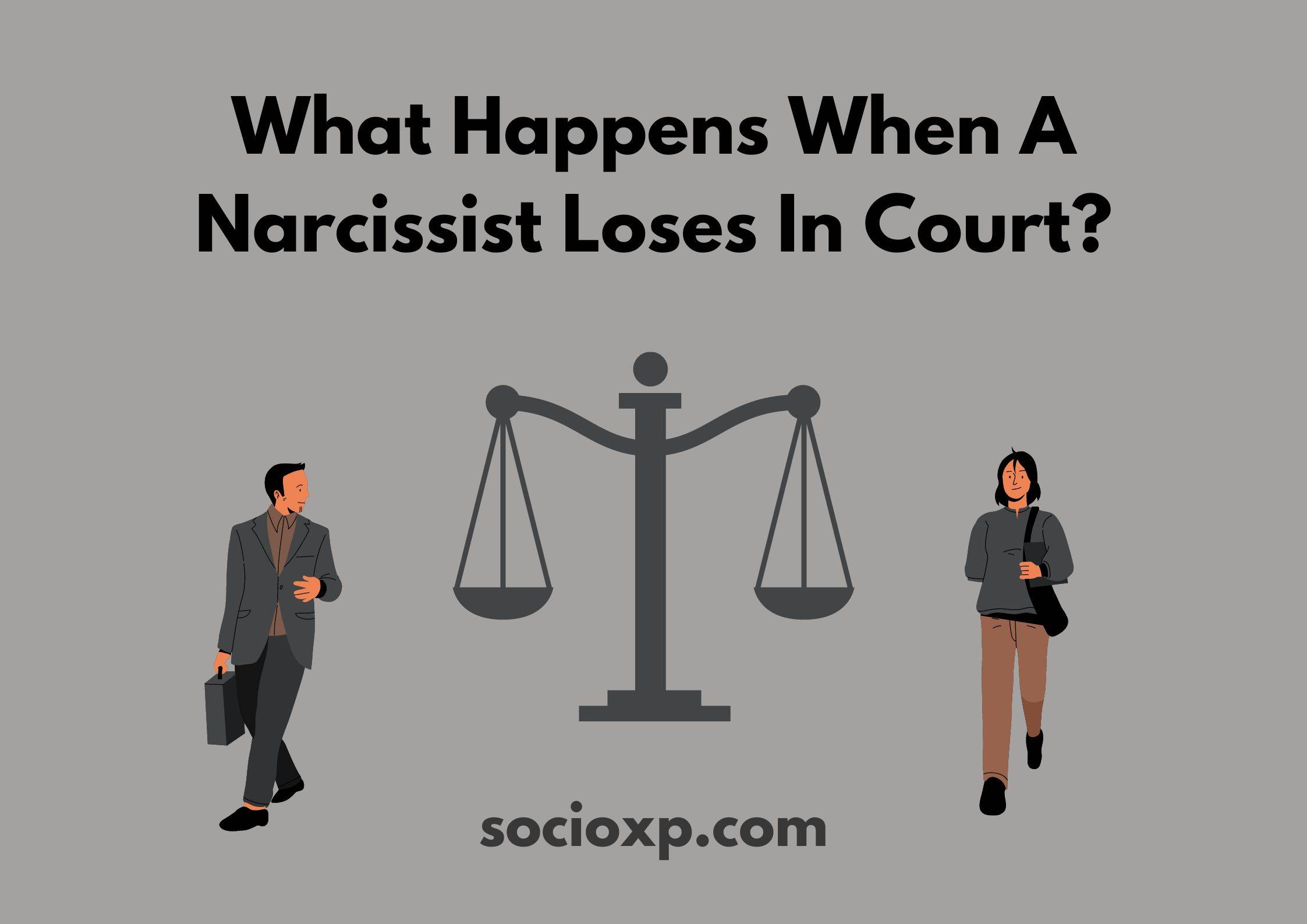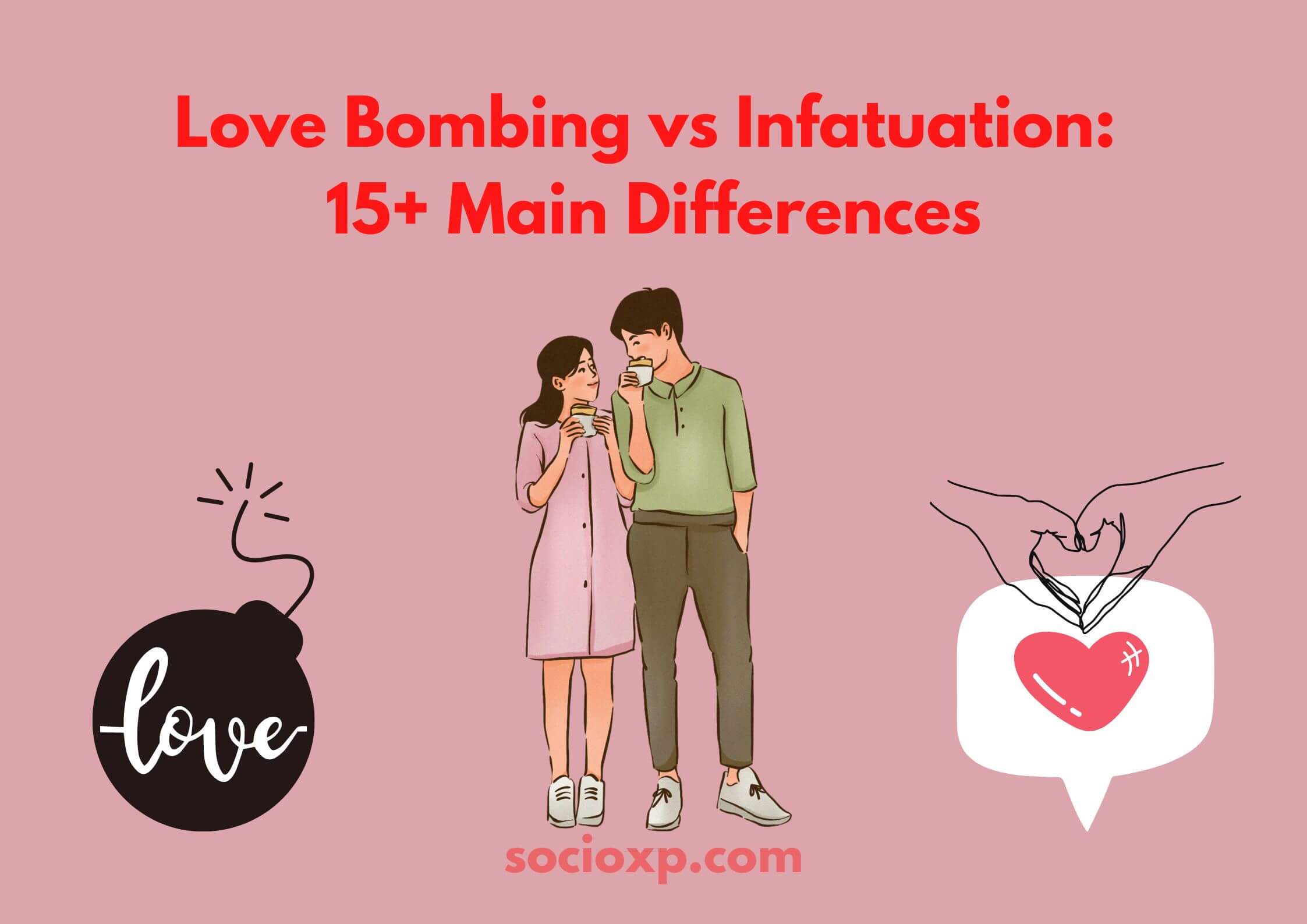What Happens to Narcissists As They Grow Old? (Do They Become More Toxic?)
What Happens to Narcissists as They Grow Old? Do They Become More Toxic? Do narcissists continue to exhibit toxic behavior as they age? When it comes to individuals with narcissistic personality disorder (NPD), everything can be a little unpredictable and challenging to guess or make assumptions about.
As individuals age, they often experience changes in their personalities and behavior. These changes are usually attributed to factors such as life experiences and neurobiological changes. However, when it comes to individuals with narcissistic personality disorder (NPD), the question arises, what happens to them as they grow old?

It is usually suggested by experts that our traits intensify as we age, so with narcissists also this might be the exact case. But what is the intensity of the growth of the toxic behavior? Let us know some research-based points regarding the topic, “What Happens to Narcissists As They Grow Old? (Do They Become More Toxic?)” and acknowledge ourselves regarding the same.
Based on some explanations provided by mental health experts, it is suggested that the personality traits of narcissism can intensify in some individuals as they age. However, it is not true for all cases. Some individuals may become more self-aware as they age, which may result in them being less egocentric, self-centered, and mean. But this happens in rare cases where the narcissist indeed seems to change. But in most cases, they do get more toxic, more abusive, and more difficult.
On the other hand, some individuals may become more entrenched in their egoistic ways, which can result in an increase in toxic behavior. In general, it can be a little difficult or challenging to predict how individuals will age and how their personalities may evolve.
What Happens to Narcissists As They Grow Old? (Do They Become More Toxic?)
Narcissistic Personality Disorder is characterized by a lack of empathy for others, a grandiose sense of self-importance, and an immoderate need for admiration. Narcissists often believe that they are entitled to special treatment, and they tend to exploit others to fulfill their needs. The disorder typically develops in early adulthood and can persist throughout a person’s life. While Narcissistic Personality Disorder (NPD) is notoriously difficult to treat, it is essential to address the disorder as early as possible to prevent those affected from inflicting emotional harm on themselves and others.
Narcissists become more self-centered as they age
More toxicity is what narcissists prefer rather than mellowing out with age. There are not many such specific studies for establishing the relatability between narcissism and aging. But some psychology experts have found it to be true that narcissistic traits tend to increase with age. Narcissists start to perceive old age, retirement, loss of carrier, greying of hair, vanishing of beauty, getting wrinkled, loss of appetite, and dependence on others as their major deficiencies thus become more irritating making them seek more admiration, validation, and attention from others than usual to complete the void that they feel due to their losses.

For instance, a study published in the Journal of Personality and Social Psychology found that personality traits associated with narcissism, such as grandiosity and entitlement, increased in middle age and then decreased in old age. But more research is needed to understand the aspect of comparison between narcissism and aging as solely based on one study, the results may not be that effectively proven.
Overall the relationship between narcissism and aging has been consistently complex and keeps on altering as it depends on the degree of narcissism and each individual.
Narcissists become more inflexible and close-minded as they get older
People usually become less flexible, less adaptive, less open to new experiences, and more irritating as they age. These experiences exacerbate in individuals with narcissistic tendencies, who may have an inflated sense of self-importance and a strong attachment to their own beliefs and perspectives.
Narcissists cannot lose their grip on their old and orthodox ideas and methods, and thus simply reject the new methods and ideas. They can easily become fixated on particular things and thus disagreement with everyone will become their go-to move.
Additionally, aging can also bring about a decline in cognitive function and emotional regulation, which may further contribute to rigidity and close-mindedness in some individuals, including those with narcissistic traits.
Narcissists may become more isolated and prone to loneliness
As narcissists age, they may lose their ability to charm and manipulate people effectively, resulting in isolation and loneliness. Narcissists may become more isolated and prone to loneliness as their need for constant admiration may push people away. They may struggle to maintain friendships or relationships as they prioritize their own needs and desires above others.

This can lead to feelings of rejection and emptiness, causing them to withdraw and become more isolated. Additionally, their constant need for validation and attention may make it difficult for them to form genuine connections with others, increasing their risk of loneliness.
Narcissists become more critical and difficult to please in their old age
Narcissists get more difficult with their ways of work and when someone better, younger, and smarter than them would try to try and make their ways work with the narcissists, narcissists may become more difficult to please. They may start finding faults, mistakes, and insignificance in the most trivial things.
Narcissists have unrealistic fancy expectations from others and with age those expectations become double. Their patience, understanding level, and interests in new things just reduce to half or lesser than that; making them more difficult o deal with and hardly possible to please.
Narcissists feel more entitled as they age
Narcissists may feel more entitled as they age because they have had more time to accumulate resources, achievements, and accolades that reinforce their sense of superiority and entitlement.
Additionally, they may have fewer challenges to their ideas and beliefs as they surround themselves with like-minded people who also reinforce their entitlement. As they age, they may become less concerned with social norms and more focused on their own needs and desires, leading to an increase in entitled behavior.

They become more demanding and their list of requests would never end. You may just get so irritated by their constant needs and demands that you might just neglect your own needs for fulfilling theirs.
Narcissists become more manipulative as they age
Nraicictsic Personality Disorder is characterized by a pervasive pattern of grandiosity, a constant need for admiration, and a lack of empathy. Narcissists tend to use manipulative tactics, such as gaslighting, in order to maintain their sense of power and control over others. As they age, narcissists may become more manipulative as they lose various sources of power such as physical attractiveness, social status, and career achievements. This loss of power may lead to an increase in narcissistic tendencies and reliance on manipulative tactics to maintain their power and sense of control.
Additionally, aging narcissists may have a harder time adapting to changing social norms and may feel threatened by younger individuals who challenge their sense of superiority, further fueling their manipulative behaviors. Overall, the complex interplay between aging, psychological factors, and social environments can contribute to an increase in manipulative behaviors in narcissistic individuals as they age.
Narcissists become more paranoid and controlling as they age
As narcissists age, they may experience a loss of power and control in their personal and professional lives. This can lead to feelings of insecurity, anxiety, and fear of being abandoned or forgotten. To maintain a sense of control, some narcissists may become more controlling and paranoid. As they age, narcissists may experience a decline in physical and cognitive abilities. This can make them feel vulnerable and exposed, leading to increased feelings of paranoia.

Aging can increase stress levels and lead to a heightened sense of threat perception, which can increase paranoia and controlling behavior. As narcissists age, they may have fewer resources available to them, such as financial stability, social support, or physical strength. This can make them feel more dependent and vulnerable, leading to increased paranoia and control behavior.
Thus narcissists becoming more paranoid and controlling as they age is a very common observation.
Narcissists become more dependent on others when they are old
Narcissists may become more dependent on others as they age due to a decrease in physical and cognitive abilities, as well as the loss of social networks or relationships. Additionally, aging may trigger feelings of vulnerability and fears of abandonment, leading to increased efforts to control and manipulate those around them.
In Conclusion
In conclusion, while it is difficult to say whether narcissists become more toxic or mellow out as they age, several factors may lead to increased toxicity in them, These factors include the loss of power and control, loneliness, the decline in physical health, retirement, and increased irritability. it is essential to treat narcissistic personality disorder as early as possible to prevent these negative outcomes from occurring.
It becomes necessary here that you do not let your guard down considering the age of the narcissist as they can be more shrewd, manipulative, and toxic than you can ever imagine with all those years of experience of manipulating and controlling people around them. Letting your guard down means giving in and accepting the inappropriate behavior which you do not even deserve just because the narcissist is losing and their deficiencies get mirrored upon you.
The relationship between narcissism and aging is complex and varied. However, it is important to note that not all individuals with narcissistic traits will become more inflexible or close-minded as they age. Many factors, including personality, life experiences, and ongoing personal growth and development, can influence how individuals with narcissistic tendencies mature and evolve over time. Overall the relationship between narcissism and aging has been consistently complex and keeps on altering as it depends on the degree of narcissism and each individual.
- How does a Narcissist respond to No Contact?: 10 Plausible reactions - November 6, 2025
- The Inverted Narcissist: Traits that Describe Them - November 6, 2025
- What is an Empathetic Narcissist?: Meaning, Traits, and Ways to Cope with Them - November 4, 2025


